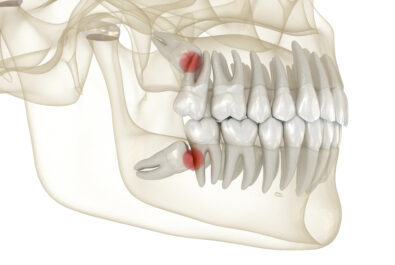Do you avoid seeing your dentist because you fear the cleanings and check ups? Is it unbearable to sit in your dentist’s chair for lengthy periods of time while they work on your teeth? We understand, and we’re here to help. Patients who have anxiety surrounding the dentist often have to break up their longer appointments into multiple short appointments spread out over a period of time. When you have a dental problem, this raises many concerns for your oral health because it could take two or three times the amount of time to fix than it regularly would. Seeing your dentist multiple times for one procedure isn’t cheap either, so let’s talk about how to help your dental anxiety.
What Is Sedation Dentistry?
Sedation dentistry is what dentists refer to as, “sleep” dentistry, through the use of oral medication, intravenously, or by breathing in a gas (called nitrous oxide). However, not every patient is asleep throughout their procedure, unless they want to be, of course.
Choosing Your Sedation
Typically, when you first visit your dentist to discuss your anxiety surrounding cleanings and procedures, they’ll give you three options; “laughing” gas, IV sedation, or oral medication. The option that’s best suited for you will depend solely on your level of anxiety. Sometimes, patients prefer to be asleep throughout the whole thing. Other times, they would rather be awake and responsive, but calm.
Nitrous oxide, commonly known as “laughing” gas, is the mildest form of sedation your dentist could give you, that’s going to be effective, that is. Luckily, if you’re able to remain calm under the laughing gas, the effects wear off almost immediately – so you don’t need to worry about calling for a ride!
Oral medication is a more moderate form of sedation. Typically, this is used for patients would rather stay awake throughout the appointment and be “conscious,” but they won’t remember the visit later. Often, patients who are sedated by taking a pill will slur their words and be responsive, but won’t be able to actually comprehend what’s going on. In this case, the medication will wear off with time – not too much time, but it’s certainly not as immediate as the nitrous oxide – so you’ll have to arrange for someone to be able to drive you home, as you will be in no condition to do so.














